PCBX.com Resources
Your source for industry knowledge, news, and expert insights

Latest Posts
Article
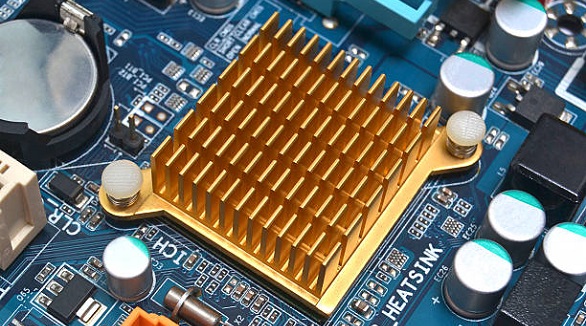
Heat sinks are essential for reliable PCB design, managing heat in high-density components like transistors and LEDs, ensuring optimal performance.
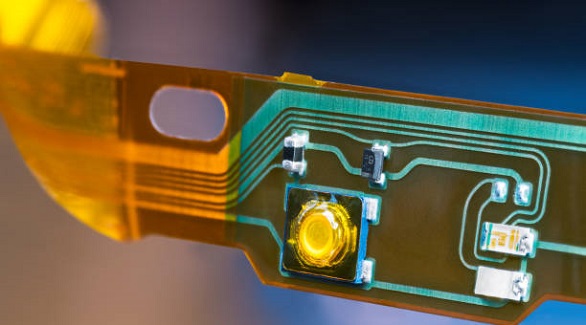
Flex PCB thickness affects performance, offering flexibility, compact design, and durability but demands careful material selection and precise engineering.
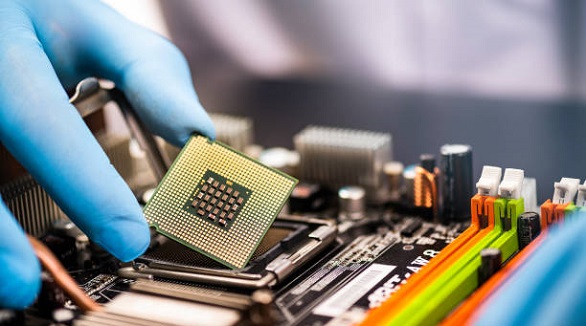
PCB kits are essential for hobbyists and students, offering all components to easily assemble and test functional electronics, enhancing practical learning.
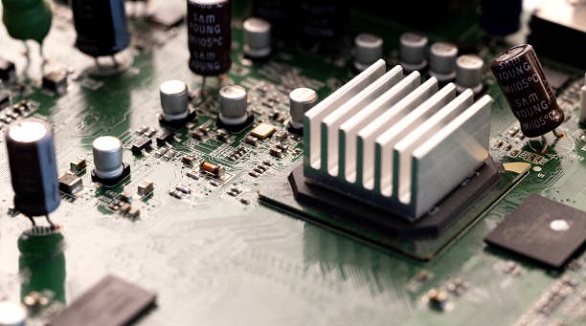
Capacitive circuits store and release energy, stabilize voltage, filter signals, and manage power flow, making them vital for modern electronic systems.
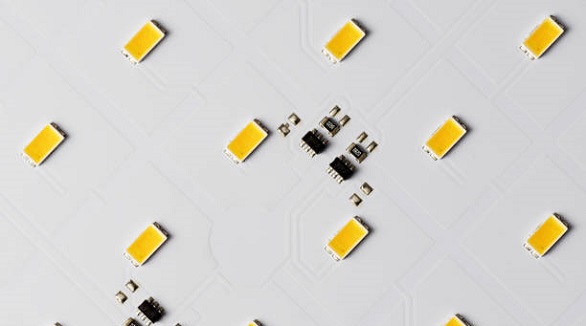
LED PCBs power modern lighting with efficiency and adaptability, ideal for diverse applications. Their design emphasizes thermal management, cost-effectiveness, and versatility, driving sustainable illumination solutions.
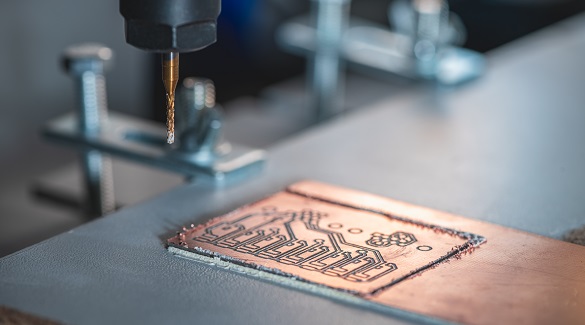
Etching is crucial in PCB production, removing unwanted copper to create conductive pathways. Techniques include chemical, laser, plasma, and photochemical etching, each with advantages and limitations ensuring PCB performance and reliability.
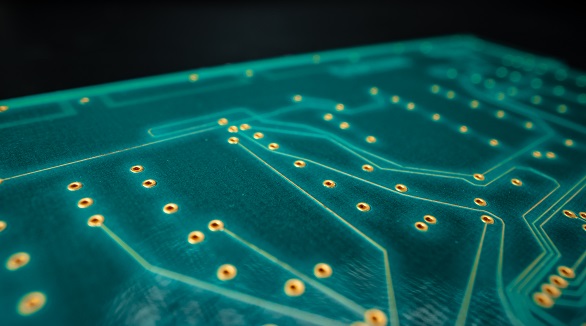
PCB prototyping is vital for testing and refining electronic circuits before mass production, ensuring performance and feasibility using methods like etching, milling, and 3D printing.
